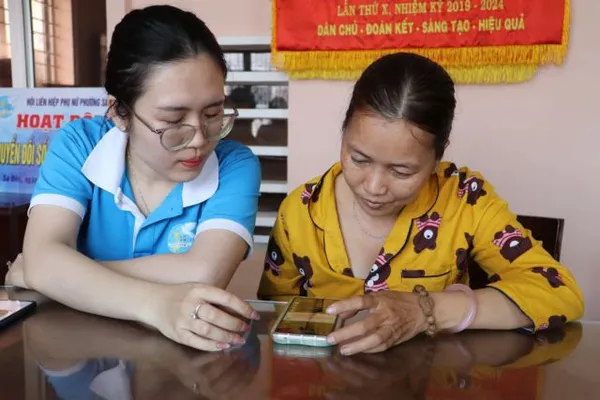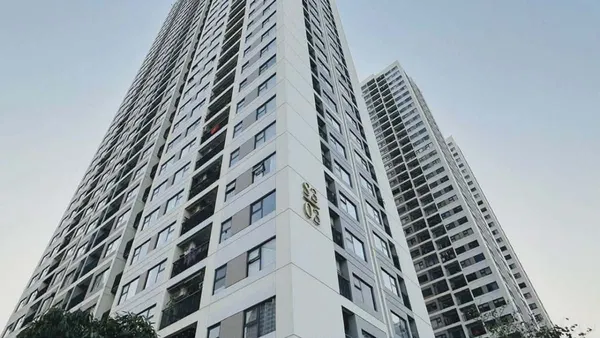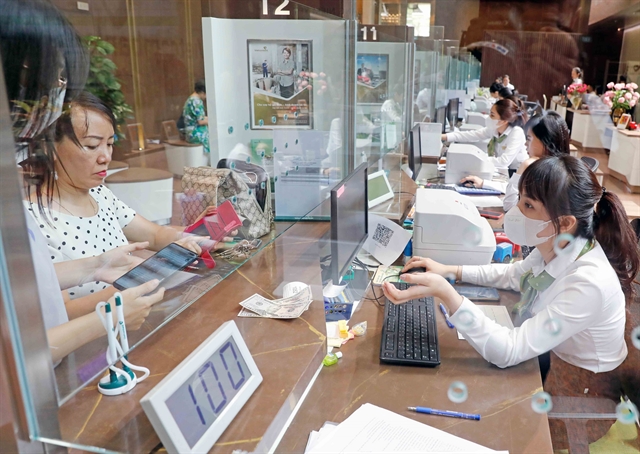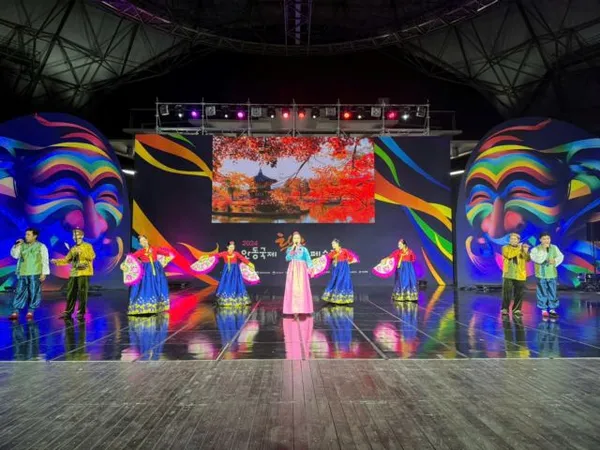 Life & Style
Life & Style

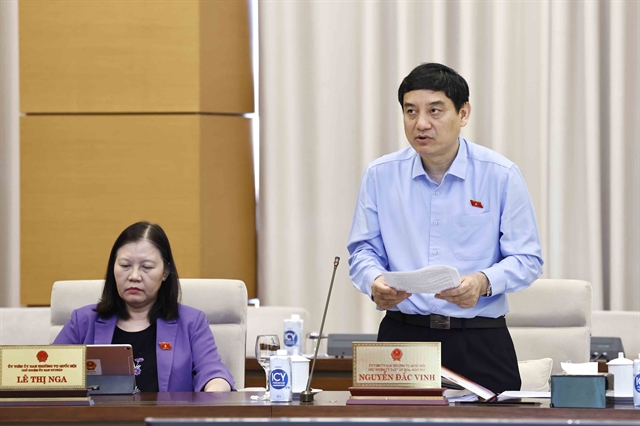 |
| Nguyễn Đắc Vinh (right), Chairman of the National Assembly Committee on Culture and Education, supports the programme but raises concerns about the feasibility of its two specific targets. — VNA/VNS Photo |
HÀ NỘI — The Government has proposed a significant investment of over VNĐ256 trillion (US$10.3 billion) to finance a national programme bolstering cultural development from 2025 to 2035.
The proposal was discussed on Tuesday at the National Assembly Standing Committee's 38th session.
Financed by the proposed allocation, the National Target Programme for Cultural Development will be implemented both at home and abroad, focusing on countries with long-standing cultural ties with Việt Nam and large Vietnamese communities.
It will be divided into two phases, comprising seven broad goals and nine detailed objectives. These objectives are designed to bring about profound changes in Việt Nam's cultural development, shaping Vietnamese people's moral character, identity and cultural values.
A wide range of cultural activities will be covered, including cultural heritage preservation, performing arts promotion, visual art exhibitions, film production, cultural diplomacy, library development and education and training.
The Government plans to allocate VNĐ122 trillion ($4.9 billion) for the 2025-2030 phase, with key targets including the establishment of standard Cultural and Sport Centres in at least 80 per cent of districts, the restoration and preservation of at least 95 per cent of special heritage sites and 70 per cent of national heritage sites, the digital transformation of all arts and culture agencies and cultural education for all students.
About VNĐ134 trillion ($5.4 billion) will go towards the 2031-2035 phase, aiming to increase restoration and preservation rates to 100 per cent for special heritage sites and at least 80 per cent for national heritage sites. Other key targets include producing about 15 nationally significant works on Việt Nam's history and growth and participating in around six major international cultural events annually.
Nguyễn Đắc Vinh, Chairman of the National Assembly Committee on Culture and Education, broadly supported the programme but raised concerns about the feasibility of the last two targets in the 2025-2030 phase.
He also said the Committee supported a proposal to build Vietnamese Cultural Centres abroad and agreed on a special mechanism to implement it, deviating from the standard public investment procedures.
"I recommend the Government strictly adhere to the authority decentralisation principle during the preparation of the Feasible Study Report and the execution of the programme," said Vinh.
Some committee members shared Vinh's views, but suggested the funds for Vietnamese Cultural Centres should come from alternative state budget allocations rather than from the National Target Programme.
Lê Quang Mạnh, Chairman of the National Assembly Committee on Finance and State Budget, acknowledged the programme's role in cultural development but cautioned that fund disbursement would be more complex than anticipated.
"The cultural sector presents unique challenges, making fund disbursement complex," said Mạnh. "The extensive preparation and implementation required can be time-consuming."
National Assembly Vice Chairman Nguyễn Khắc Định noted that while the programme was thoughtfully prepared, it lacked a concentrated approach. In light of the current budgetary challenges, it was crucial to prioritise a few core areas and focus on a 'cultural self-sufficiency' strategy. — VNS

